Industry Autopsy
|
When listening to Pusha T’s new album It’s Almost Dry. It’s undeniable that the album is a classic. It’s Pusha T at his best. It’s Pharell and Kanye at their best. I know that I’ve said in the past that Pusha T is stuck in this cocaine era . Read our article A Dope Boy’s Prison and you’ll see what I mean. The numbers are all in there. There’s charts. There’s analysis. But what should you expect? He proclaimed hismelf as “Cocaine’s Dr. Seuss” on the track “Let The Smokers Shine The Coupes” produced by legendary producer Pharell. This is him. I’ve grown into expecting that this is his lane. And this is the way he chooses to play the game. A game that fellow Clipse member and brother Malice chose to leave. But when you listen to the album you realize, the joker had a trick up his sleeve that was tucked away on the track “Pray For You”. Tell me what I missed You saw that right Malice is back. But are the Clipse back? What’s interesting about Malice is that I always saw him as the front runner of the group. So it was surprising when he announced his departure from the game. Well, not a true departure. More of a rebranding as he changed his name to No Malice, he chose to leave the dope bars alone, and since being saved he wanted to focus more on praising God. But with the track “Pray For You” it was interesting to see that the featured artist listed his old name Malice. But isn’t that human? There’s both Good and bad in a person. Depending on the circumstances no one knows who will show up. Malice represents going back to his old ways. Bravado and drug dealing narration over church trap instruments. The drug dealers' gospel. As far as the verse. It’s just bars. From beginning to end. It’s so easy for him to spit these drug fueled lines that's so pure that hearing the first line is like a smokers reminisce on their first line. The way he just seems to float on the track. It’s muscle memory to him. I feel like one of the reasons he moved to more Christian rap is because it got to easy spit these cocaine bars. But maybe No Malice is also the evolution of an artist, as seen with Jay-Z becoming Jay Z. But I ain’t complaining. The bars speak for them self. Here's another one of those lines for your ears to sniff, “When I was in the mix, opened up your nose like I'm cuttin' it with Vicks.”. As you can see, the bars, the wordplay, the bravado that made him Malice. It’s all still there. What brought Malice back? Why now? Why use his old name? No one knows. But for the fans. This is exactly what we need. And just maybe there might be a new Clipse album in the works.... Go listen to the track and let us know what you think of the track.
0 Comments
Throughout history, there has always been this idea that certain bloodlines produce extraordinary individuals. This same ideology is also rooted in hip-hop. From Dr. Dre and Warren G. to the not so obvious Snoop Dogg, Brandy, And Ray J. But what about a kid named Baby Keem and another good kid that would eventually grow up to be Kendrick Lamar. The two artists both cousins, with Kendrick being the big cousin and the bigger artist. His company pgLang is still relatively new, but their goal seems to create a star out of Baby Keem. Some might call this nepotism but as Kendrick and Baby Keem see it, it’s “Family Ties”. Family Ties was released on Friday, Aug. 26. The single is Kendrick’s return after a hiatus from music with DAMN. dropping over 4 years ago. The game has been missing Kendrick. And he popped out to let the world know that his pen is still sharper than ever, but also that his cousin ain’t no one to be fucked with. Baby Keem has been making a name for himself with the smash single “Orange Soda” as well as co-writing the track for Beyonce’ called “Nile” that appeared on “The Lion King” soundtrack. Even the cover seems to be influenced by Kendrick Lamar's Good Kid, M.A.A.D City cover which displayed Kendrick and his family members with their eyes covered by black boxes, this one with more people but the same black boxes over family member's faces. And niggas wanna play both sides Baby Keem starts out the track by showing his lyrical skills with metaphors and bars while also switching between flows seamlessly. You can definitely hear Kendrick Lamar’s influences in his vocal inflections and the different flows he uses, he OD’s on the beat similar to his cousin. Toward the end of his verse he goes on this lyrical assault similar to a Mortal Kombat combo that leaves you wondering. WHEN IS THIS DUDE GONNA BREATHE! From this type of effort you can only infer that from his perspective, he is someone that has so much to prove, but also like the player who didn’t get drafted and has that chip on his shoulder to show people why he should’ve been the number one pick on all the label’s lists. Don’t get it twisted. Baby Keem is humble enough to acknowledge his cousin’s active role in getting him to where he is now. “I'm grateful to Man-Man, he opened up doors. A bunk on the tour bus to come and compose.” Smokin' on top fives Who starts out their verse with, “I am the omega, pgLang, Rollie gang, SIE. Don't you address me unless it's with four letters...”. Kendrick Lamar. The Control verse penmen is back and from his observation, the game is looking too comfortable right now. Time to shake it up again. And this verse…. IS AN EARTHQUAKE. His delivery on this track is godly in the sense that he knows he’s the chosen one. He knows the effect he has on the game. He said it in his first bar. “Smokin on your Top 5 tonite”. His bars are still as iconic and biblically referenced. Bars that include words like Elohim, Metatron, and Gabriel had Genius.com decrypting his lyrics as if they were teachers at bible study with every bar in yellow highlighter. But Kendrick is THE ONE! And THE ONE can get away with pretty much murder. This is what he does in the last 4 bars of this song. How can you tell someone to “Burn that hard drive”? That’s so disrespectful. But also respectfully disrespectful. All traits of a Gemini. Which is a tiny bar that he sneaks in with a reference to Kanye and his recent change toward God. Baby Keem & Kendrick Lamar – family ties Lyrics | Genius Lyrics Throughout the track, the production has switched, most noticeably with the transition from Baby Keem to Kendrick. This formula was most successful with Travis Scott and Drake’s song “SICKO MODE” that went crazy on the billboards. The track ends with both rappers jumping the track. Each tagging the other in as they spit. Baby Keem is a talented lyricist with bars. Check out this line, “Two phones, but I only bring one in this bitch”. Get it. Burner phone. Burner gun. And what else does Kendrick have to say, “Smokin' on top fives, stop playin', I'm that guy”. Which. THIS WE KNOW! Family Ties is a dope track. Give it a listen and let us know what’s your favorite bar! Also let us know about what you think about the video which is the flagship video of pgLang!
I know what the old Kanye West music lovers are saying. How can DONDA be art? The long-anticipated album has been years in the making, and years of constant speculation about its arrival. But now it’s here. DONDA. The Art. The thing about art is that it should never live in the grey. Meaning that it should spark either a “yes”, I really love this, this is classic. Or it should spark a “no”, this shit is wack, that shit gets no play in this ride. For anyone that knows Kanye West’s catalog knows that his art has always sparked that “yes” or “no” answer. Except in the rare cases of “The Life of Pablo” and “Ye”. Them shits was mid.
But back to DONDA. The album that surprised its fans on August 29th. And as always, a Kanye West album is gonna get all of the publicity and all the momentum to put it on top of any billboard or top 10 album list. This we know! Even before the album, Kanye’s unprecedented concert merch sales from his stadium listening parties sold over $7 million for an album that had yet to release. But then again this is Kanye we’re talking about. The self-proclaimed “Lous Vuitton Don!”. His raps about luxurious expensive designer clothes had given him the eye to create his own line and get the distribution from major retailers like The Gap, Addidas and Nike. Ok. Ok. Let’s really get down to Donda. They playin' soccer in my backyard, I think I see Messi
Donda is a fully jam-packed album with a whopping 27 tracks coming in at 1 hour 48 minutes and 59 seconds. This is definitely not a one-sitting listening album. And it is a different approach than the “Ye” 7 track format that G.O.O.D. Music released during their 2018 release run. This album was more. But more doesn’t always mean better. Just looking at the number of featured artists, Donda becomes more of a compilation of unreleased songs than a quality cohesive album. The list of featured artists includes big names like Jay-Z, Kid Cudi, Roddy Ricch, The Weekend, Ty Dolla $ign, and even his Sunday Service choir. In all, it’s estimated that there are over 35+ artists that are featured on the album, not including anyone who is credited for songwriting. This album is Kanye ft. everybody
But this album does beg the question. With millions of songs being released every day. Does an album that is almost 2 hours long stand a chance in this new age of streaming? The answer to that is still up for debate. But in the case of DONDA, that answer is “no”. But anyone that truly knows about social media knows that a “no” can still spark a conversation that gets millions of people lining up to see just why a piece of art is so bad. History has shown that not every Van Gogh painting was a masterpiece. And in this case not every Kanye West album is a classic. Don’t get me wrong the album has some standout tracks such as “Off The Grid“ and “Hurricane“. But for the album to be so long I believe that most likely listeners will pick their favorite songs and add them to their playlist. NOBODIES GONNA LISTENING TO THIS ALBUM BACK TO BACK WITH NO SKIPS! Well, maybe the die-hard Kanye West fans that still struggle with the reality that their favorite rapper might be in the declining stages of his career.
The best-featured verse on the album has to be Jay Electronica whose single verse appears twice on the album (featured on Jesus Lord and Jesus Lord pt 2). He's spittin bars, but that's Jay Electronica. That's what he does. Baby Keem (featured on the song Praise God) is another favorite feature for the album, his verse is so vivid and his different flows really accent the beat. This may be the thing to help catapult his career and position in the billboards during his next release. But like we said, this album has more than 35+ artists featured. That automatically means this can't be a classic album. Too many cooks in the kitchen and nobody really knows what the main dish is.
It would be crazy to think that anyone could review DONDA in this short of a time period. Anyone that said they have would be lying. But if your giving it that first listen then there is no question that DONDA is art. Either you love it. Or you hate it. But what you can say the loudest is that there is no in between. Final Thoughts:
Thanks for reading and go stream the album and let us know what you think about the album that Ye called DONDA: Until I saw Eddie Murphy's remake of the movie Dolemite I never knew it was actually a movie. The original Dolemite premiered in 1975 and was classified as an American blaxploitation crime comedy. The main character Dolemite was originally played by Rudy Ray Moore, who was a comedian that had achieved commercial success through his comedy records that actually hit the top Billboard 25 charts. Riding the wave of his new found success Rudy Ray Moore decided to create a movie surrounding the polarizing figure that still lives on to this day. The film So popular was this characted that he even appeared on Snoop Dogg's verse on Nuthin' But A G Thang "Pimpin' hoes and clockin' a grip like my name was Dolemite". Snoop Dogg even had a small role in the movie. Some even credit Rudy May Moore with being the first to commercialize rap as the Sugar Hill Gang's Rapper's Delight dropped 2 years after Rudy Ray Moore's comedy album that used hip-hop cadences and inflections that align with early hip-hop. Many rappers have come told their story of how Dolemite has influenced their careers. This is the story of Dolemite! The Orgin Story: Every superhero has an origins story and Dolemite is no different. Rudy Ray Moore began as a local comedian and host still trying to find his style. It was not the local drunk came into a record store that he was the manger of that the idea of Dolemite came about. While trying to run the drunk out of his store he realized that the old drunk's wise tales and folklore were a hit with the people. This was just the act that Rudy Ray Moore needed to set his self apart. He then began traveling to local clubs performing. Get to the movie part. We will get there grasshopper. It's Better to Bet On Yourself When it comes to betting on yourself no one did it more than Rudy Ray Moore. His initial comedy album (Eat Out More Often) was recorded in his house and with the help of a loan from his aunt and friends who helped record the track. He then shopped it around and was turned down by everybody. But the streets don't lie. Rudy Ray Moore started selling the comedy records out of the trunk and the funny thing is those same people that turned him down were now looking for him. And he won big! A multi-album distribution deal was just one of the advantages that Rudy Ray Moore received from betting on himself. But it wouldn't be the last time he would. It was when he saw a movie and the impact of being on the big screen that he really saw an opportunity. And this one would cost him everything. Mainly fronting the royalties of his albums as well as future albums. This was pressure. But what he did was again bet on himself. Even after making the movie the story wasn't over. Nobody wanted to buy it. Studio after studio turned down buying the movie. So what did he do? He rented out a movie theater and again bet on himself by promoting the movie showing himself. The movie theater sold out each showing. Of course this also meant that the same studio productions that had turned him down previously were calling. Even after getting the movie made movie critics trashed his movie before it's big premiere, and again it was sold out in movie theaters around the country. Maybe the movie wasn't this over budget action packed drama that movie critics like, but then again what do movie critics know. Dolemite was a hit that made a estimated 12 million. Just think it all came from betting on yourself.
"Keys Open Doors". The legendary rap duo "The Clipse" rapped on their album Hell Hath No Fury. The cocaine metaphor of the selling of drugs opening doors to opportunities that only come with money was clever and been well established as their signature style. Pusha T and Malice, two brothers who were different, even though they both spoke about their drug dealing pasts, but it was their delivery and how they approached each record that couldn't be more different. Malice was the more reflective artists that saw the bad he had done to his community as something he hoped to one day be forgiven for. Pusha T on the other hand, wore his drug dealings past as a medal of honor, and a purple heart both representing his survival as well as his wounds healed from the necessary things that helped him become "King Push".
Anyone who is familiar with Pusha T's music knows that when it comes to skill and lyrical ability, Pusha T is a top emcee. But when it comes to lyrical content it can't be disputed that Pusha T's content is limited. He is a specialists, in basketball there are plenty of pure position players or "specialists". But what you find now with the game going in a different direction is that a specialists doesn't get as much game time as a multi-skilled player. Same thing with hip-hop. Nobody calls Pusha T when they want to put an artist on a record that will talk about building the community, or a club record, or even a hardcore lyrical hip-hop track. But when an artist wants to make a song about crack or selling drugs, it's gotta be King Push/Pusha T. This just happened on the release of Freddie Gibbs song "Palmolive". This is that heroine flow at it's finest. But the self-proclaimed "King Push" has always been known for his dope metaphors and narcotics references. So much is Pusha T known for his drug lingo that there are sites that have charted this his use of drug references throughout his career. According to a May 23, 2018 article by Ben Carter, Pusha T's as a lead artist references drugs over 20% of the time. This is staggering statistic seeing that an artist's solo album is supposed to be more personal and culturally relevant. And anyone that really sells work knows that crack don't move like it did in the 80s. I am not saying that Pusha T has to stop rapping about dope. But he should be more evolutionary in his topics and subject matter. Jay-Z is a great example of a braggadocios drug dealer turned family man and successfully "legal" entrepreneur. His album 4:44 is a major turnaround from the Reasonable Doubt Jay-Z. But if you look at the chart below Pusha T's drug references has only increased with time.
Remember also that these statistics were taken before his most recent album "Daytona" that featured a picture of Whitney Houston's bathroom littered with drugs and drug paraphernalia. The album even has a song called "Hard Piano" that features another former ex-dope boy "Rick Ross" that samples "High As Pie - Slice II by Charles Wright & The Watts 103 Rhythm Street Band". The title of the song is a double entendre referencing the hard hitting of the piano keys and the hard white that is a dope boys product. Again this is Pusha T at his best drug metaphors and double entendre's that the most skilled dope boy couldn't weigh up to.
So what's wrong with this prison that Pusha T has built? Nothing and at the same time EVERYTHING. Nothing because it's him maximizing on his strengths and going all in on them. He has a sense of self-awareness that has to be congratulated and I truly believe there is no rapper that can beat his Novocain flow. But everything is wrong with it because it shows no growth. It perpetuates an era that fewer and fewer can relate to. A generation that is becoming more and more aged out of hip-hop and are evolving or already dead. Ain't too many 35 year old and up D-boys. If there is, they choose the wrong business. This is why Pusha T's subject matter has to evolve. Like I stated earlier, there are examples. Jay-Z did. T.I. is becoming the next Malcolm X. Even Jeezy has evolved and talks about his community and uplifting his people. But as stated earlier, Pusha T built this prison. Some may argue he built it to his liking. But Pablo Escabor also built his own prison, and that was the start of his decline. Admittedly it would be dope if he did create a song called "La Catedral". To sum it up. Pusha T can and will survive in the current climate of hip-hop. But it will never be because of his true talent, it will be because he will be seen as a niche' artist. His fan base will only put on his music when they want to feel like a dope boy. But is that where he wants his music to stop is the question? Like we said the crack era is over. Unless he's gonna start talking about meth his music will be niche' at best. Nostalgic at worst. And he's even made a track called "Nosetalgia" that whose title is a pun on nose+nostalgia, a double entrendre for your sense of smell that is linked to memory. In this case dope boy memories. Whether it be niche' or Nosetalgia, it's no doubt that he's King Push. In hip-hop the line "Ima an 80's baby" has been shouted on track after track. Artists like Lil Wayne, Big K.R.I.T, and Drake have romanticized being apart of the 80s era. It was the era that truly defined music, as well as the beginning of hip-hop. That was then. Now it's 90s babies turn. And they have very different vision than their older predecessors. The division seems to start with whether you like Kanye West's album 808 & Heartbreaks, or if you thought this is when rap started to become too soft. What is also apparent is that this division is further separating the genre of hip-hop, and putting new school vs. old school. New versus old. Oldest vs youngest. But what about the Middle Child? The ones that are stuck between not being old enough to be considered old school, but also have been around long enough that they are no longer considered new school. This is the very subject that J. Cole has even tackling in his latest releases. Rap beef is a dish best served cold. But what happens when this rap beef is served by a bully? Is it still a competition? Or is it a bully continuing to do the only thing that they know how to? Bully. Tory Lanez has started rap beefs in the recent years. Last years beef with Joyner Lucas proved that Lazez was capable of going at real emcees, and kept some rappers up at night from fear of being Lanez's next target. Now that Tory Lanez is calling rappers out and starting rap beef out of thin air. Is Tory Lanez now the bully? But what happens when the bully gets bodied? Trae the Truth is one of the most respected rappers in the game. With H Town (Houston) on his back and the streets to hold him down Trae the Truth is a southern Hip-Hop legend that even the Drake's and Jay-Z's recognize as being one of the best. His quiet tone is matched by fast delivery that rivals rap spittas like Twista and E-40. But his willingness to give back to the hood has made him a staple in Houston music but more importantly in Houston culture. So it would be no surprise that Trae the Truth would be able to gather some of the dopest emcee's on one track. And as a fan he is able to get them all in one video. This is the power of Trae the Truth. When it comes to a good story, the internet is undefeated. Whether it's comedy. tragedy, drama, or romance the internet has it all. It's the things movies are made of! And much like Michael Jackson's Thriller video the internet can be a horror movie. So what happens when the internet and the Thriller music video team? Another great #TwitterStory, told this time by comedian @roywoodjr. So sit back, grab some popcorn, and let's see what happens.
The internet was set a blaze when J. Cole, Jermaine, announced that he was releasing an album called KOD. This caused lots of speculation about what the meaning of the album truly meant. Did KOD stand for "Kids on Drugs"? Or is it "Killing or Demons"? Or better yet is it "King Over Dose"? The answer still open to interpretation and it seems to be the way J. Cole likes it.
|
annotions
Archives
June 2022
Categories
All
|

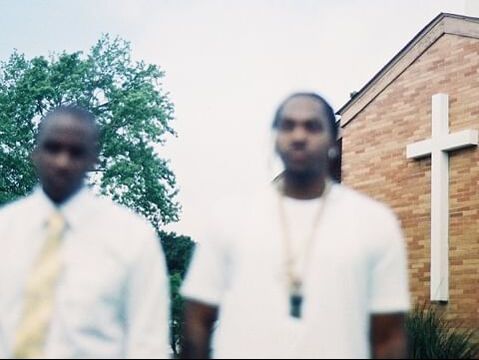
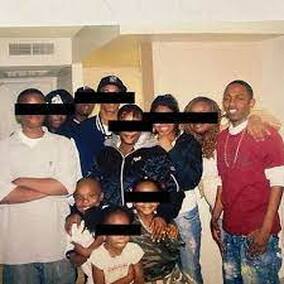
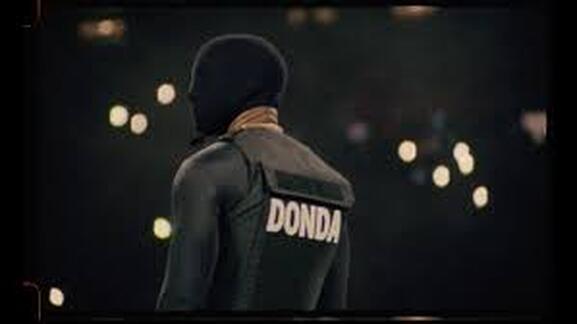
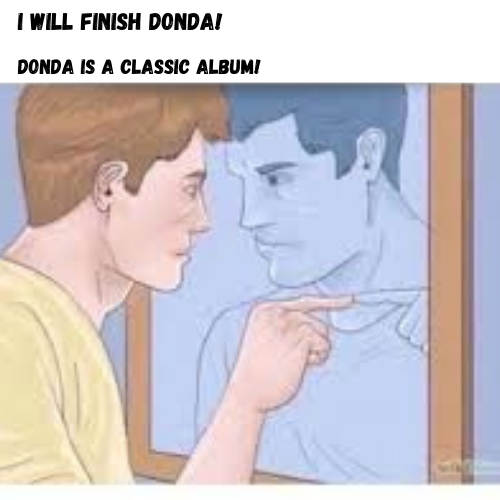
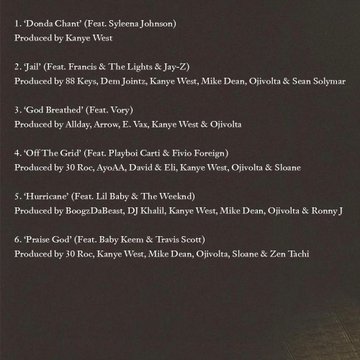
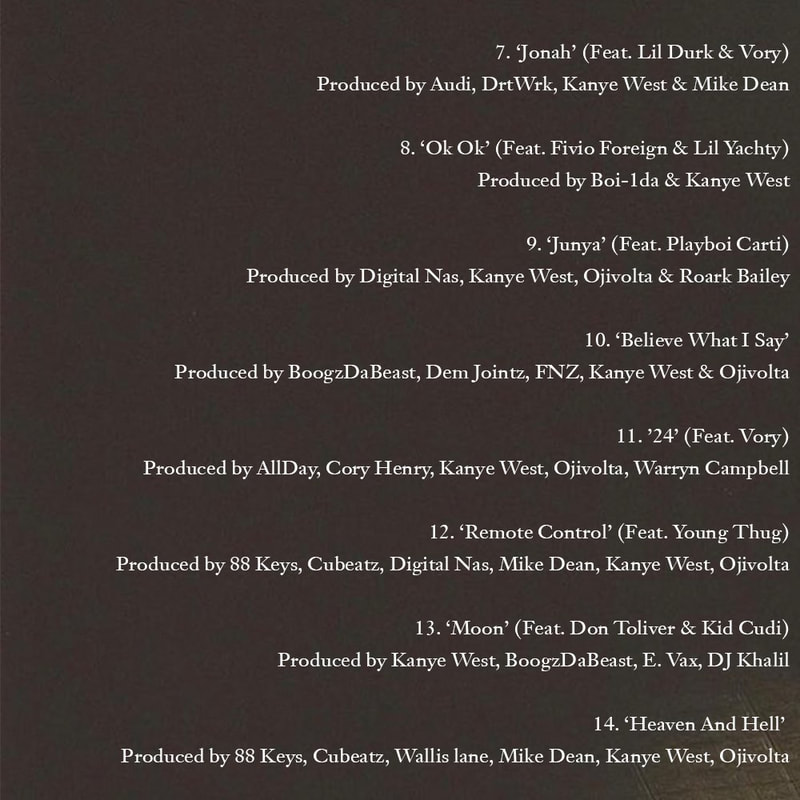

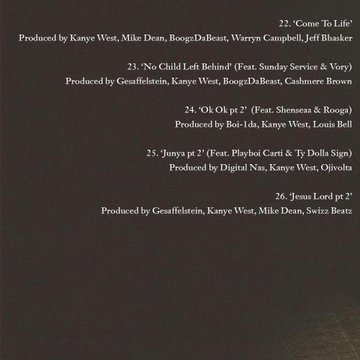
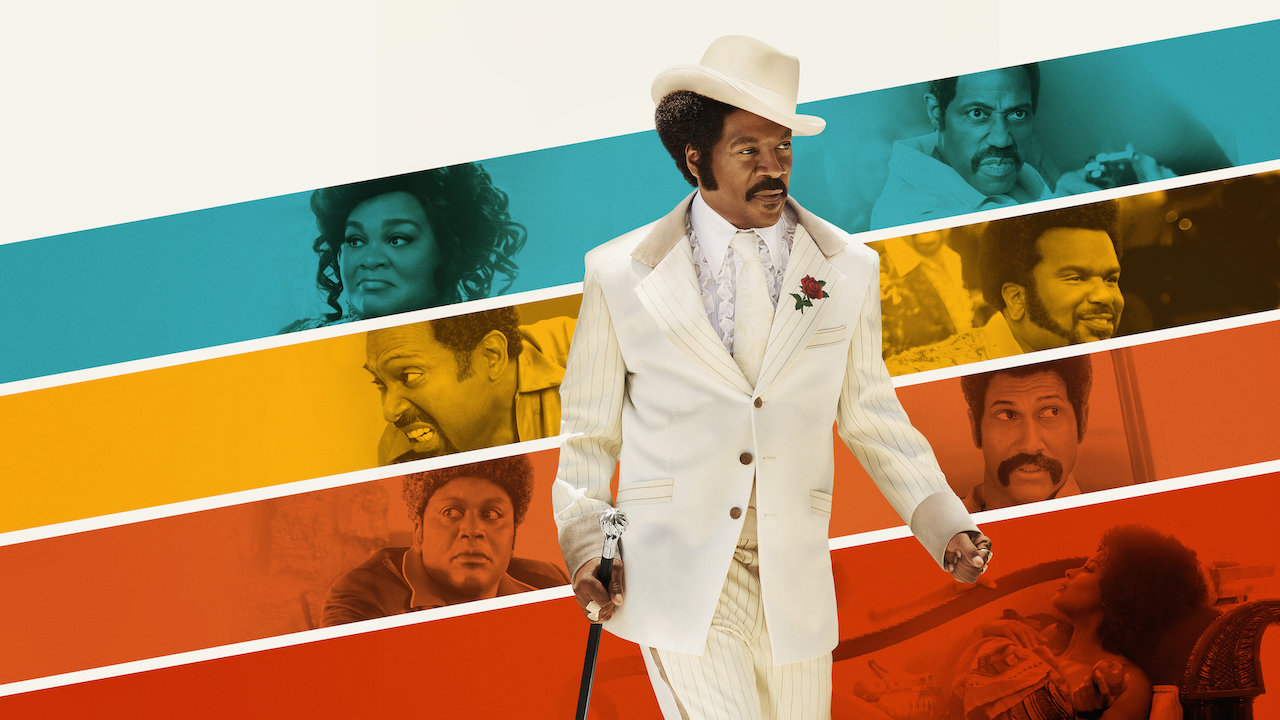
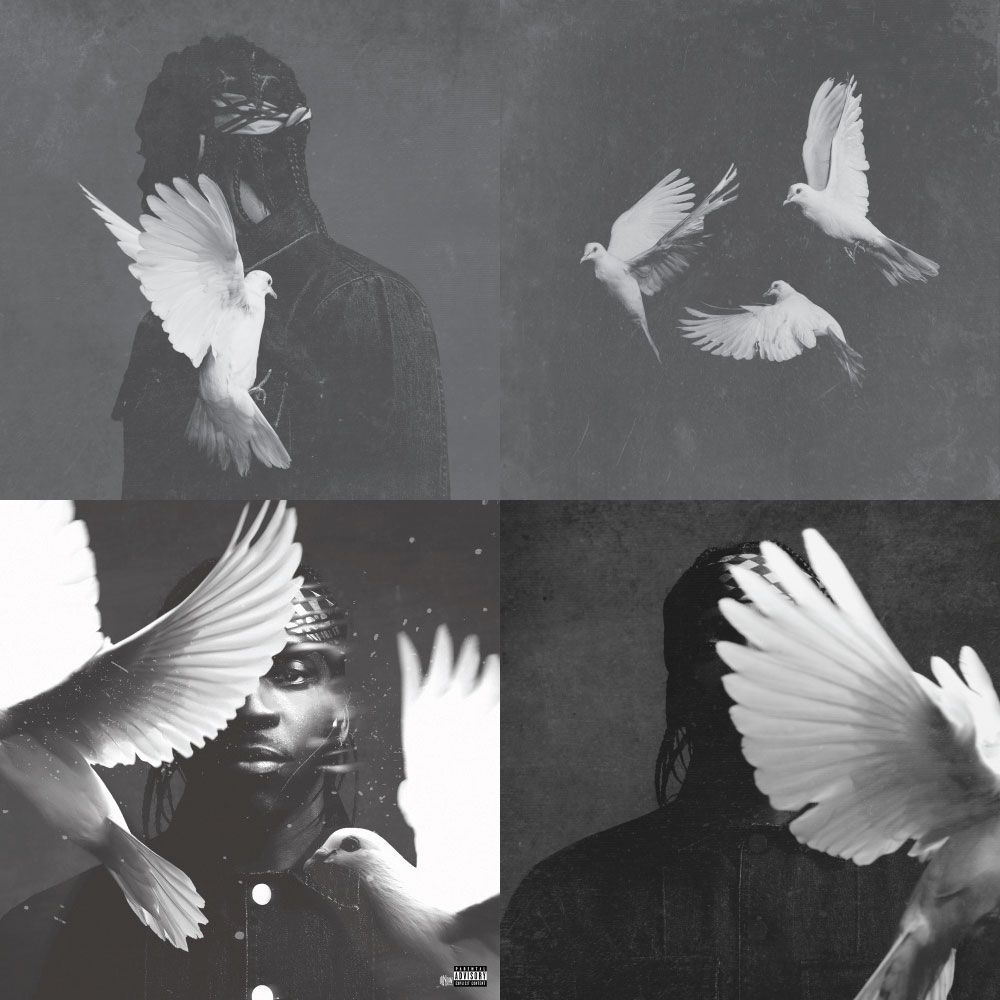
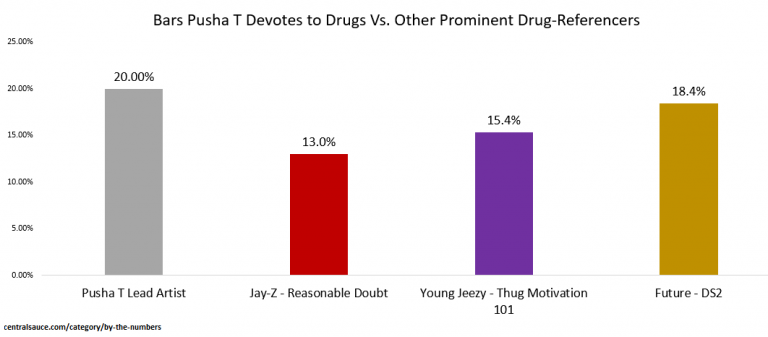
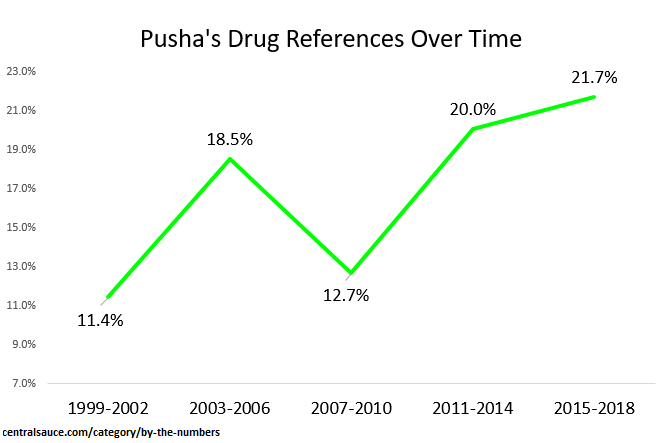
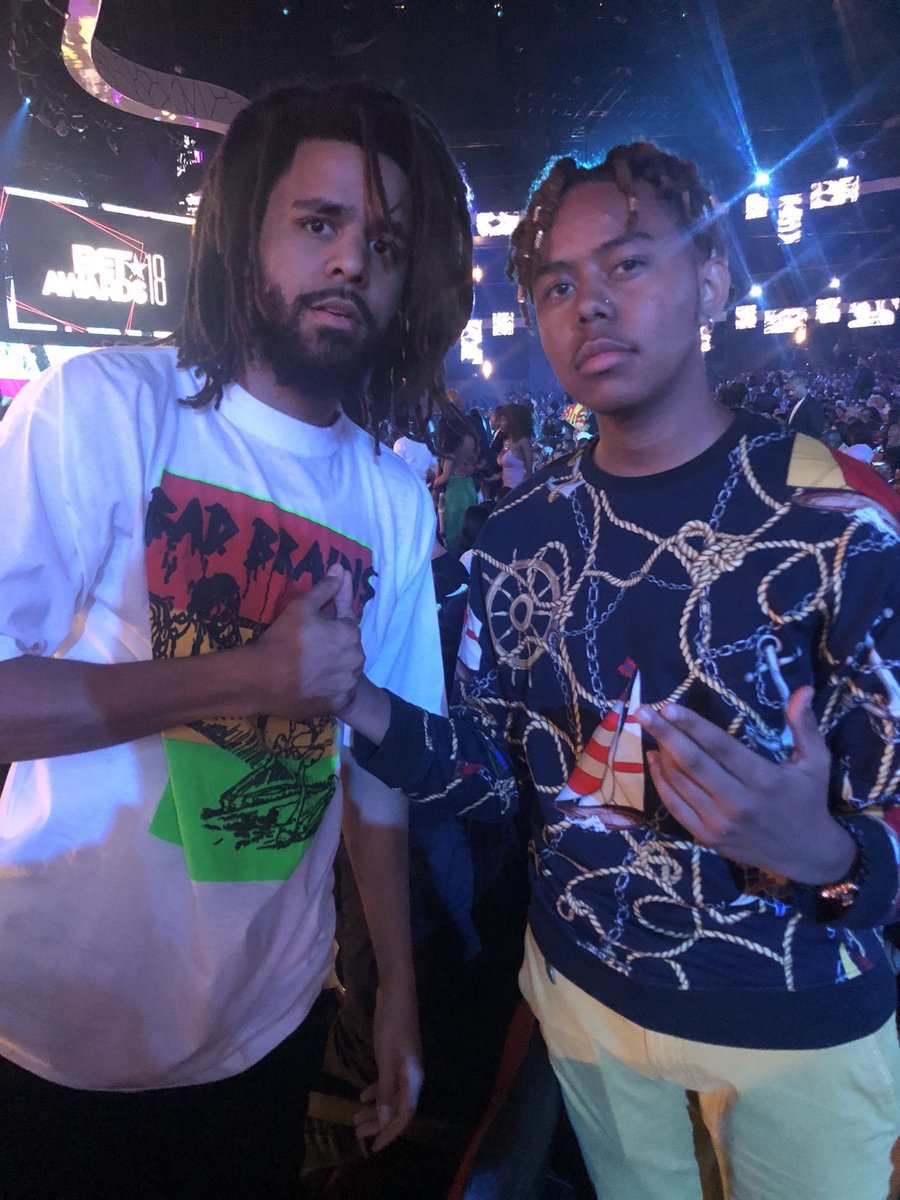
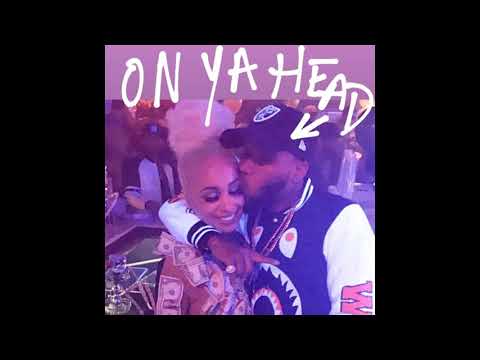
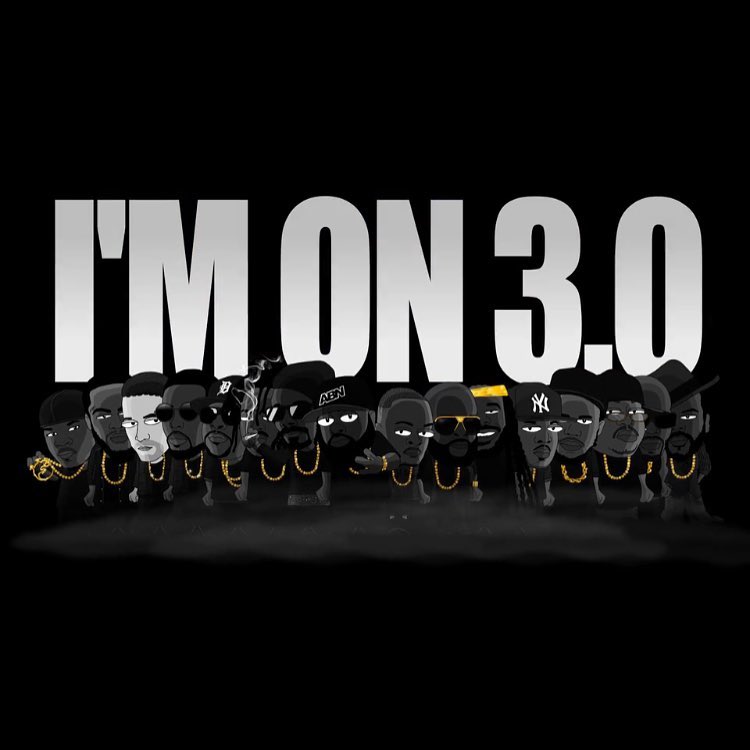
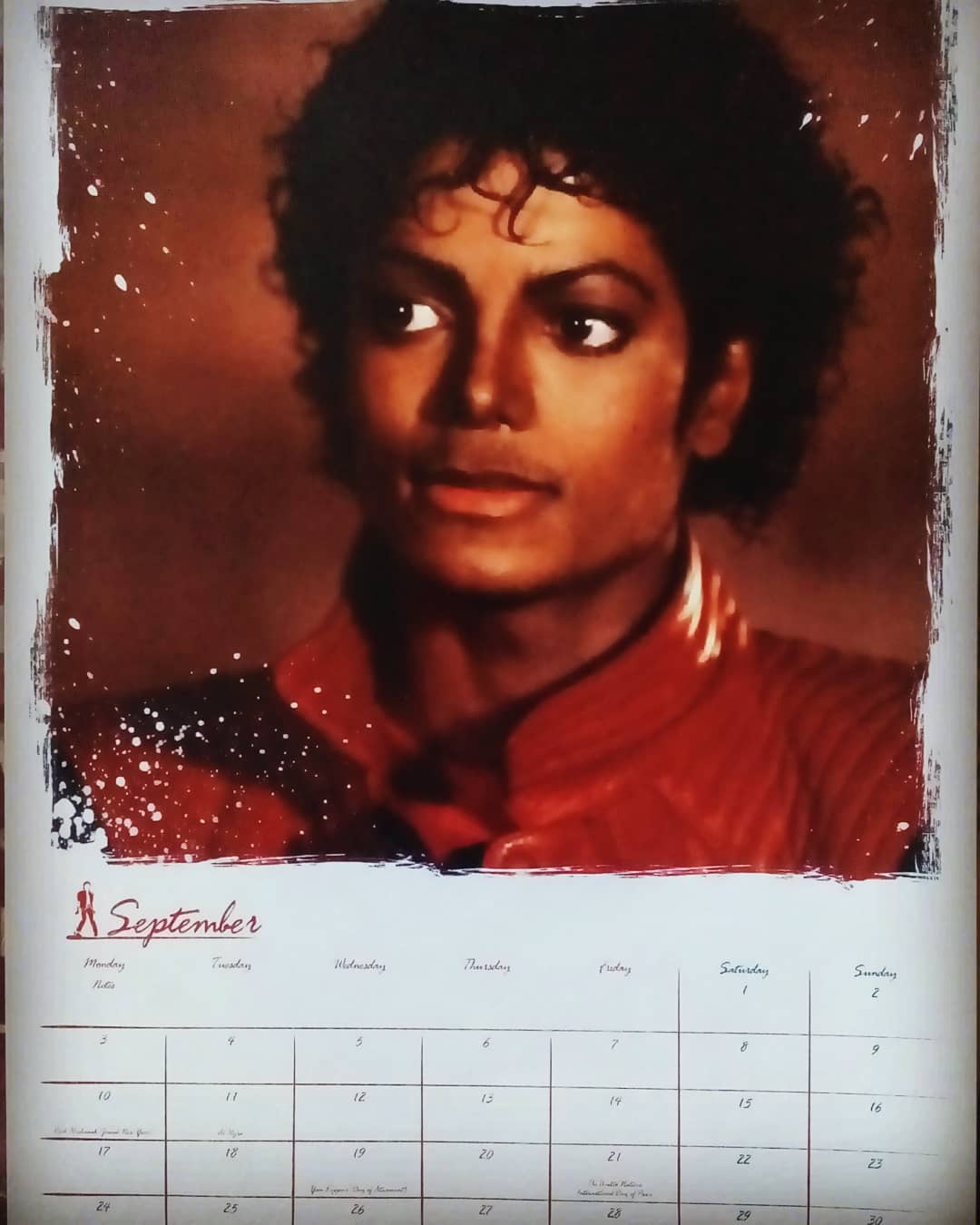
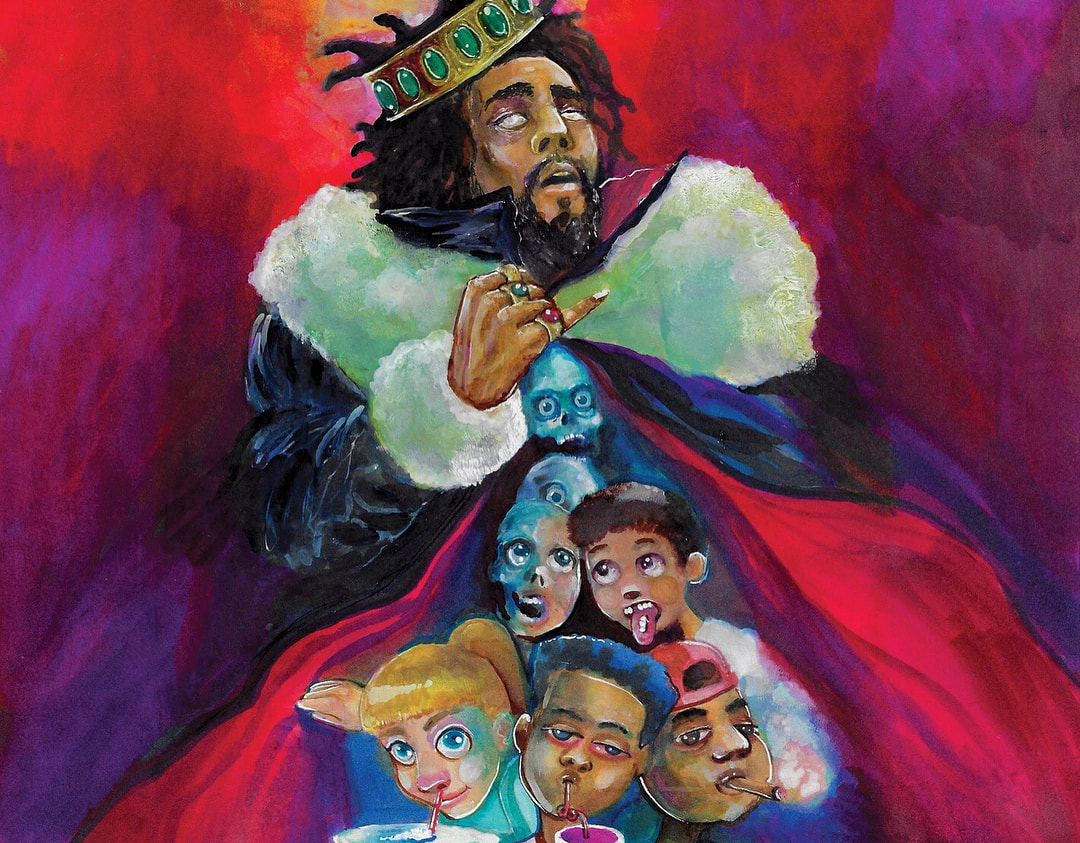
 RSS Feed
RSS Feed